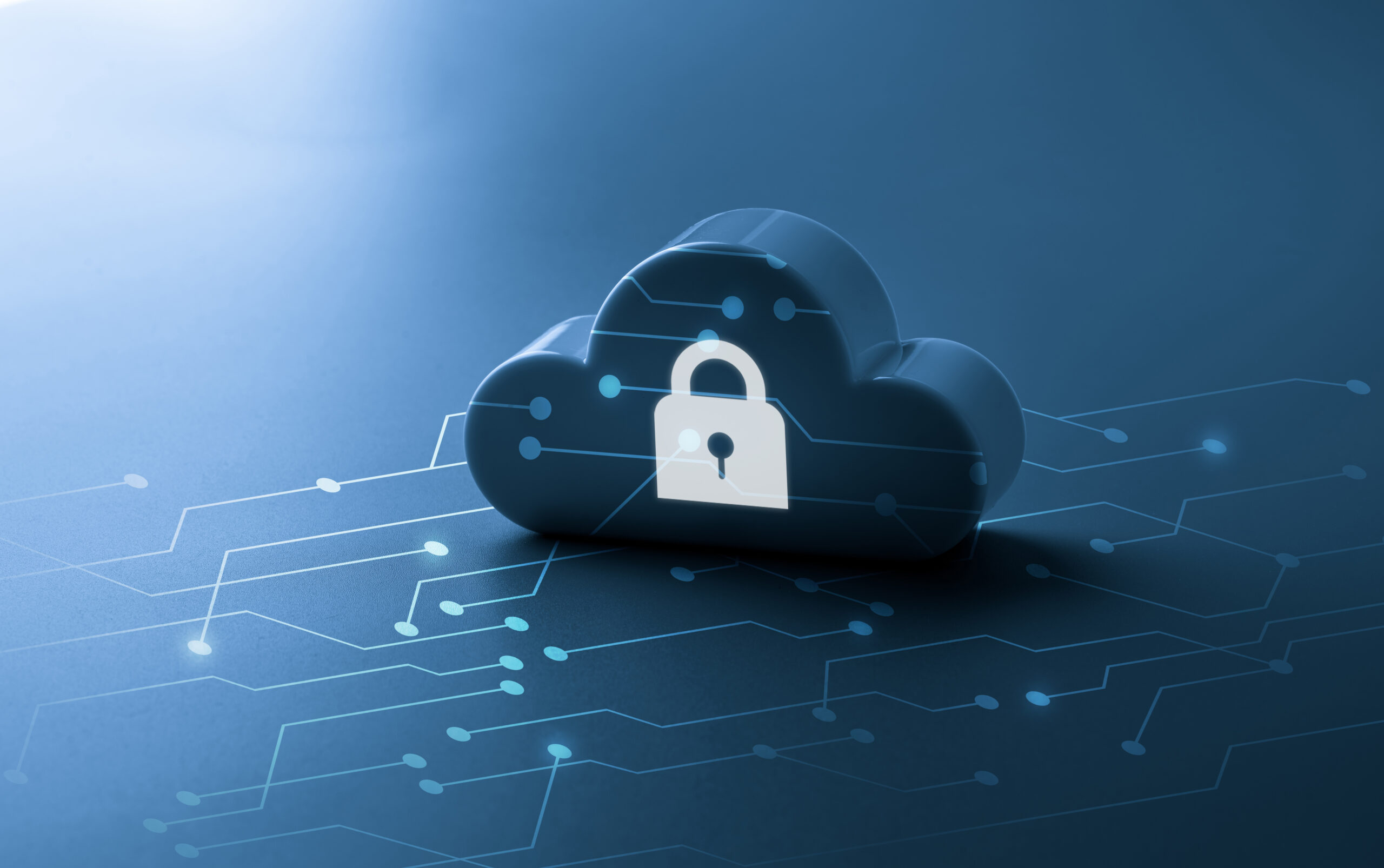Data Security for Outdated Electronics
In the digital era, our lives—both personal and professional—are intricately tied to electronic devices. From smartphones laden with memories to laptops filled with sensitive work data, the shift to digital has been monumental. However, what becomes of these digital treasure troves when their physical counterparts become outdated? The growing concern around e-waste not only encompasses environmental impacts but also raises significant data security challenges.
Let’s explore how to safeguard your residual data, understand the vulnerabilities businesses face, and remain vigilant against scams.
Here are some criteria that typically make an electronic device considered outdated:
- Technology Advancements: As technology evolves rapidly, new features and capabilities are constantly integrated into electronic devices. A device may be deemed outdated if it cannot support the latest software, applications, or operating systems. This includes everything from computers and smartphones to more specific equipment like routers or cameras.
- Incompatibility with New Software: If a device can no longer receive software updates, it may no longer function optimally or securely. For example, older smartphones might not be able to run the latest version of their operating system, which can make them vulnerable to security risks and less functional compared to newer models.
- Reduced Performance: Over time, electronic devices can slow down and show decreased performance due to hardware limitations in processing speed, memory capacity, and storage. Such performance issues can render a device inefficient for modern tasks that require more robust computing capabilities.
- Availability of Spare Parts: As manufacturers produce new models, they gradually phase out the production of parts for older ones. A reduction in the availability of spare parts can make maintenance or repair difficult, pushing these devices into obsolescence.
- Market Availability: When manufacturers stop producing a certain model and shift their focus to newer versions, the older models are gradually phased out of the market. This not only makes them outdated but also slightly reduces their usability due to a lack of customer and technical support.
- User Perception: Sometimes, a device can become perceived as outdated due to market trends or consumer preferences, even if it still functions well. Marketing strategies can influence this perception by highlighting the inadequacies of older models compared to the features of newer ones.
Understanding Residual Data
Imagine discarding your outdated electronics with the same nonchalance as tossing out old magazines. Now, picture a treasure chest of your most sensitive information—bank account details, personal identities, medical records—left for the taking because you believed it was “deleted.” Herein lies the challenge of residual data. Deleting files, or even formatting devices, doesn’t erase data; it merely removes the path to access that data. Specialists with the right tools can recover this “deleted” information, posing a significant risk to data security.
Realizing the tenacity of residual data is the first step. Devices like laptops, smartphones, and tablets, even in their electronic afterlives, hold onto data more stubbornly than one might assume. Proper data destruction is essential. Certified recycling firms possess the expertise to permanently erase sensitive information, ensuring your digital past doesn’t become someone else’s present.
Businesses Are at Risk, Too
The digital footprint of a business is colossal. As such, companies are just as, if not more, vulnerable to the pitfalls of improperly discarded electronics. A single device, without proper data eradication, can become the Achilles’ heel for any business, leading to breaches of confidential client information or proprietary data.
One alarming reality is the case of companies discovering their sensitive data available on the open market—owing to inadequately wiped hard drives disposed of without a second thought. Such incidents underscore the dire need for companies to adopt rigorous data destruction and electronics recycling protocols.
Businesses must understand that they are custodians of not only their data but also that of their employees and clients. Engaging with professional e-waste recyclers is not just about environmental responsibility—it’s a critical step in safeguarding against data theft and mitigating potential legal and financial repercussions.
Steering Clear of Scams
In the shadow of the legitimate market for e-waste recycling, scams flourish. Devious schemes, like the one unmasked in Reno, Nevada, where fraudsters advertised free e-waste recycling to mine devices for data, serve as a stark warning. Awareness and due diligence are indispensable in navigating these threats.
Before selecting a recycling service, verify their credentials. Esteemed recyclers, such as ARCOA, are not just recycling experts; they are seasoned warriors in the battle for data security. Their processes ensure not only the ethical disposal of e-waste but also the complete destruction of resident data on devices, backed by certifications of data sanitization.
Recycling with Integrity
The journey toward resolving the e-waste crisis, intertwined with bolstering data security, begins with informed action. We must recognize the importance of selecting a reputable recycler—a partner in both environmental stewardship and data protection. By opting for experienced firms, individuals and businesses alike can rest assured that their ancient relics of technology won’t morph into contemporary threats.
ARCOA stands out as a beacon in this quest. Their comprehensive approach dismantles devices to repurpose usable components, while ensuring absolute data destruction. This dual benefit champions sustainability and fortifies data security, offering a profound sense of security in the digital age.
For further insights, visit ARCOA Group at thinkarcoa.com and ensure you maximize recovered value and minimize risk with your outdated technology assets.
RELATED INSIGHTS

Preparing Your Transition from Windows 10 to Windows 11
As the digital landscape evolves, staying ahead in cybersecurity is paramount for both individuals and organizations alike. With the...

Safeguarding Your Business: The Importance of Secure Data Disposal
The rapid pace of technological advancement means that businesses and individuals are constantly upgrading their devices, leading to an...
LET’S GET STARTED
Ready to put your retired IT assets to work for your business? Contact us to get the conversation started or request a quote. ARCOA has all the solutions you need to turn old IT assets into new revenue.
Talk to an Expert![$img['alt']](https://www.thinkarcoa.com/wp-content/uploads/2025/02/ARCOA_Jan_Blog-scaled.jpeg)